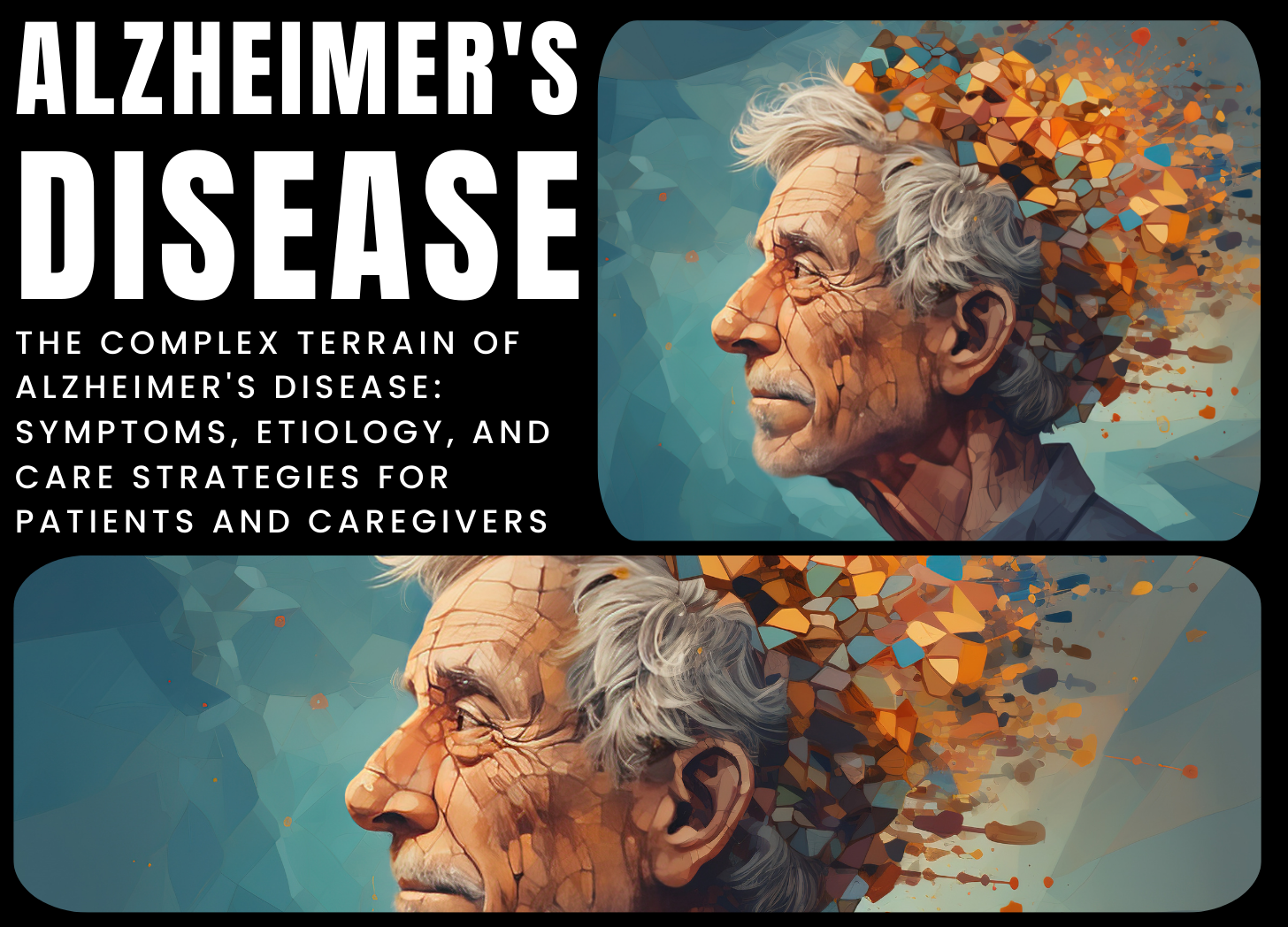Contact Us
Contact Us

Alzheimer’s disease is a common and progressive neurological illness that affects memory, cognitive functioning, and daily life. This complicated condition necessitates a thorough investigation into its symptoms, etiology, potential treatments, and supportive care measures for both patients and caregivers.
Alzheimer’s disease is defined by an accumulation of abnormal proteins in the brain, which results in the formation of plaques and tangles that obstruct nerve cell transmission, eventually resulting in their death. Cognitive decline, memory loss, and reduced reasoning ability occur from this process.
Memory loss, disorientation, difficulty doing familiar tasks, and difficulties problem-solving are common initial symptoms. Individuals with Alzheimer’s disease may exhibit linguistic difficulties, disorientation, mood swings, and, finally, loss of basic functions.
The precise etiology of Alzheimer’s disease is unknown, although a mix of genetic, environmental, and lifestyle factors contribute to its development. Age, family history, genetics, head injuries, cardiovascular diseases, and lifestyle choices including food and exercise all increase the chance of getting Alzheimer’s.
Alzheimer’s disease is diagnosed through a careful examination of symptoms, medical history, cognitive testing, and imaging studies. While there is no cure, drugs can alleviate symptoms or halt their course. Management prioritizes quality of life, which includes cognitive stimulation, healthy diet, physical activity, and social involvement.
Caregivers face a significant burden as a result of Alzheimer’s disease. assistance groups, educational resources, and respite care are critical in assisting caregivers in coping with the obstacles of providing care and ensuring they receive the essential assistance and knowledge.
Ongoing research aims to provide a deeper knowledge of Alzheimer’s disease, early detection methods, and new treatments. Studies focusing on innovative medications, lifestyle interventions, and biomarkers provide hope for better management and, hopefully, disease-modifying approaches in the future.
Individuals and their families face significant obstacles as a result of Alzheimer’s disease. While there is presently no cure, early discovery, adequate management, and support networks have a substantial impact on both patients’ and caregivers’ quality of life. Understanding the symptoms, risk factors, therapies available, and caregiving practices is critical for navigating this complex neurological disorder.
References:
Alzheimer’s Association. “What Is Alzheimer’s?” www.alz.org/alzheimers-dementia/what-is-alzheimers
Cummings, J., et al. “Alzheimer’s disease drug development pipeline: 2021.” Alzheimer’s & Dementia: Translational Research & Clinical Interventions, vol. 7, 2021, e12179.
National Institute on Aging. “About Alzheimer’s Disease: Diagnosis.” www.nia.nih.gov/health/about-alzheimers-disease-diagnosis-treatments.
Livingston, G., et al. “Dementia prevention, intervention, and care.” The Lancet, vol. 390, no. 10113, 2017, pp. 2673-2734.
Post a Comment